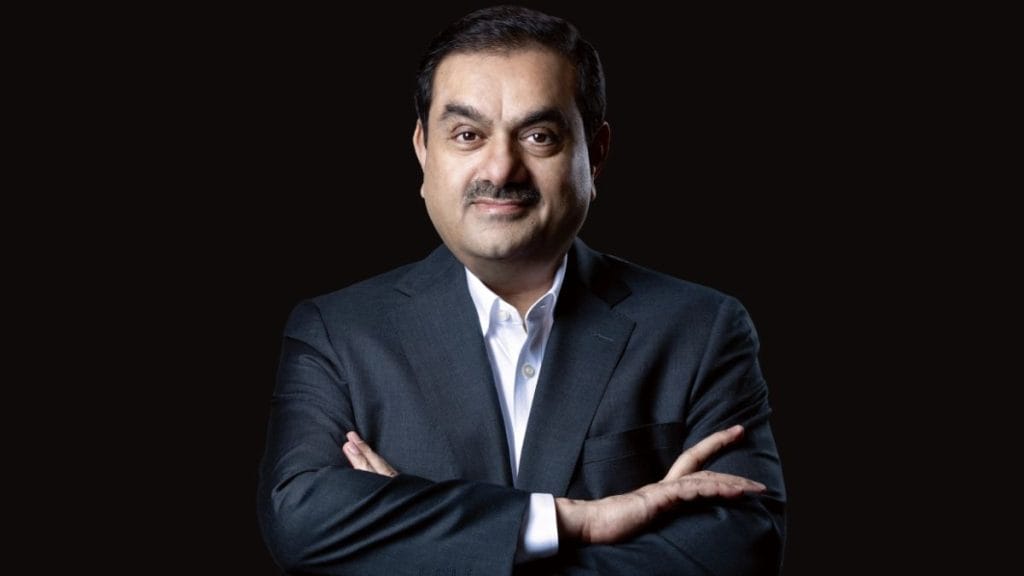New Delhi: Adani Ports & SEZ (APSEZ) has set a goal to achieve a 100% renewable energy mix in its electricity consumption by FY25. In addition, the flagship company of the Adani group, Adani Enterprises (AEL), has made a commitment to plant 100 million trees by 2030. APSEZ aims to not only transition to a fully renewable energy mix but also reduce energy intensity by 50% and emission intensity by 60%, as outlined in the group’s environmental, social, and governance (ESG) performance compendium for FY23.
Adani Transmission (ATL) has targeted a 60% share of renewable power procurement by FY27. The private transmission and distribution company has already achieved a 30.04% renewable power mix in its subsidiary, Adani Electricity Mumbai (AEML). In FY23, Adani Power’s water intensity performance was recorded at 2.31 cubic meters per megawatt-hour (m3/MWh), which is 34% lower than the statutory limit for hinterland plants (3.50 m3/MWh) and 7.6% lower than its internal target of 2.50 m3/MWh.
Adani Total Gas (ATGL), a group firm focused on developing city gas distribution networks, has installed a rooftop solar capacity of 870 kW across 50 sites. The company is also exploring the establishment of a captive solar plant in FY24 and aims to become water positive in the coming years.
ATGL has already installed 104 charging points for electric vehicles (EVs) and plans to install 4,000 more EV charging points by 2024. Meanwhile, Ambuja Cements has improved its thermal substitution rate to 7.34% in the January-March quarter of 2023, up from 6.62% in the same quarter of 2022, by maximizing the usage of alternative fuels. The company has also reduced specific electrical energy usage by 1.31% quarter on quarter (QoQ) through various energy efficiency measures.
Adani Wilmar, the edible oil firm, has implemented solar power at 8 out of its 23 plants and intends to continue installing solar power across all of its plants in the coming years. Furthermore, Adani Wilmar has become the first edible oil company to introduce recyclable packaging, with 98% of its packaging now being made recyclable.





